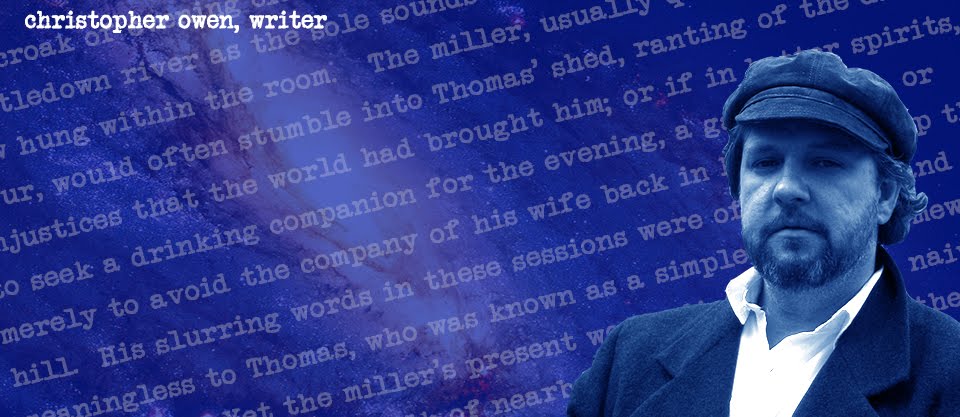One of my favorite books is Henry David Thoreau’s Walden. If you’re in the market to read some beautiful prose interspersed with little bits of wisdom, Walden is a good place to start. I confess, however, that though I own two copies (one an annotated edition, the other beautifully illustrated with photos of Walden Pond and her environs throughout the seasons), I’ve never read the book from beginning to end.
For me, the book is too rich to take all at once. It would be like eating a whole dessert cake or Sacher Torte at one time. As writer Ken Kifer noted:
"Walden is a difficult book to read for three reasons: First, it was written by a gifted writer who uses surgically precise language, extended, allegorical metaphors, long and complex paragraphs and sentences, and vivid, detailed, and insightful descriptions. Thoreau does not hesitate to use metaphors, allusions, understatement, hyperbole, personification, irony, satire, metonymy, synecdoche, and oxymorons, and he can shift from a scientific to a transcendental point of view in mid-sentence. Second, its logic is based on a different understanding of life, quite contrary to what most people would call common sense. Ironically, this logic is based on what most people say they believe. Thoreau, recognizing this, fills Walden with sarcasm, paradoxes, and double entendres. He likes to tease, challenge, and even fool his readers. And third, quite often any words would be inadequate at expressing many of Thoreau's non-verbal insights into truth. Thoreau must use non-literal language to express these notions, and the reader must reach out to understand."
I like to read Walden in little bits at a time. Usually I just page through the book and pick a random place to start, then read a few paragraphs, or a few pages. In this way Walden transcends being a simple book, and becomes almost bible-like for me. This is particularly inherent in my writer’s life, as Thoreau’s prose alone can be extremely inspiring. Below is one of my favorite passages from the book:
“In warm evenings I frequently sat in the boat playing the flute, and saw the perch, which I seemed to have charmed, hovering around me, and the moon traveling over the ribbed bottom, which was strewed with the wrecks of the forest. Formerly I had come to this pond adventurously, from time to time, in dark summer nights, with a companion, and making a fire close to the water's edge, which we thought attracted the fishes, we caught pouts with a bunch of worms strung on a thread; and when we had done, far in the night, threw the burning brands high into the air like sky rockets, which, coming down into the pond, were quenched with a loud hissing, and we were suddenly groping in total darkness. Through this, whistling a tune, we took our way to the haunts of men again. But now I had made my home by the shore.”
Thoreau is masterful in his word choice for conjuring up imagery and sensation. One could also learn a lot from the pacing and meter of his sentences as well. There is a power in the simplicity of his prose; he manages to do complex things with simple yet effective word choices. The text is also surprisingly modern for a book written over 150 years ago. Perhaps it is more appropriately called timeless.
I’ve written about writing prompts in a previous entry. I think today I’m going to take the passage above, and perhaps another one of two, and see what sort of story they might prompt for today’s writing.
Write on!

No comments:
Post a Comment